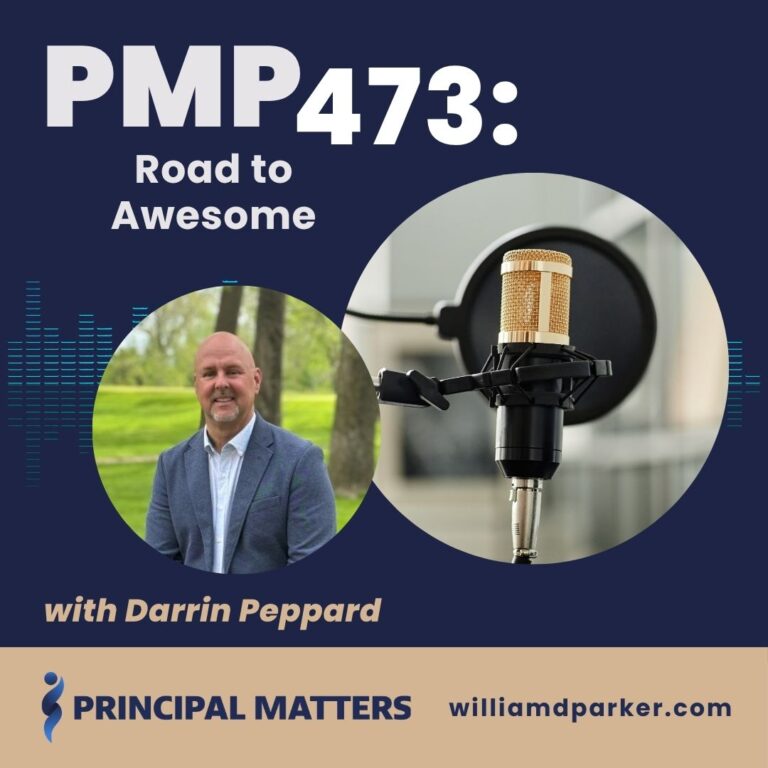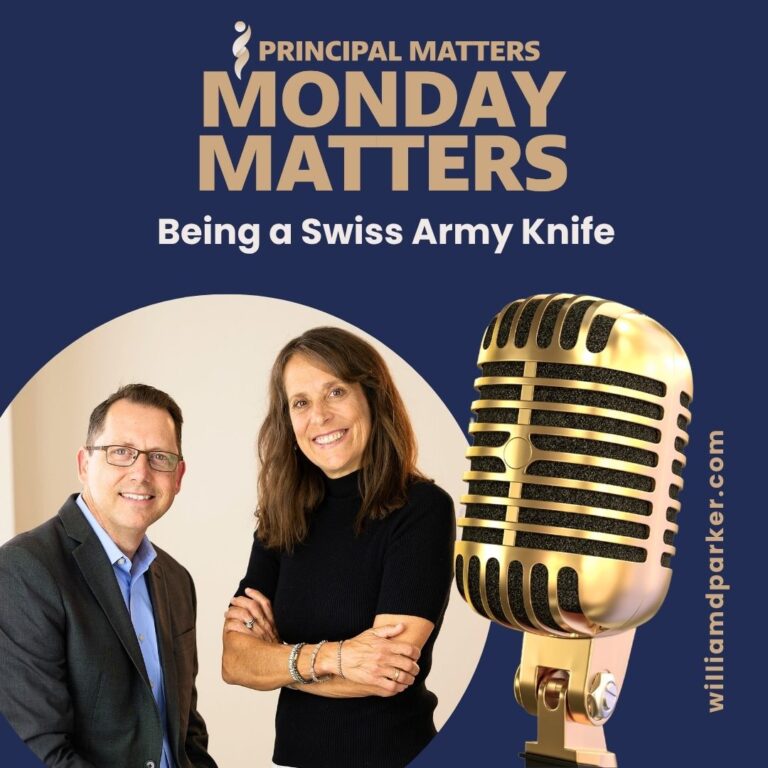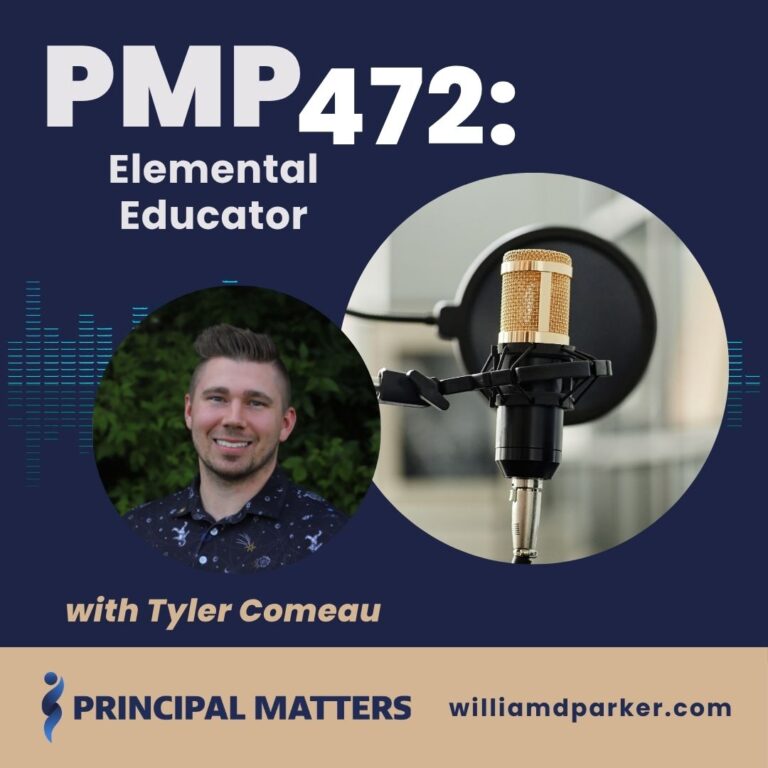A few nights ago as I let the dog out one last time, I noticed an eery glow in the night sky. A blanket of fresh snow was covering our neighborhood, and the all-encompassing-white was casting a hazy light on all its surroundings. Even though the sky was pencil-led gray, the brightness of the white-covered landscape made it seem like the houses, trees, cars, and roads were lit-up with dull, overhead lamps.
As I made my way up the stairs, I found my nine-year-old son sitting on the end of his bed in thought. His hair was tousled and clean from bath-time. He was wearing a long-sleeve camouflage t-shirt and a pair of blue-green flannel pajama pants. “Just waiting to brush my teeth,” he said, nodding toward the bathroom door where his sixteen-year-old sister was sequestered for her get-ready-for-bed rituals.
I stopped by the girls’ room where my twelve-year-old and fourteen-year-old daughters were already tucked under blankets and reading on their iPods. One had a library book she had downloaded as a school assignment. The other showed me a list of recent reads: self-published stories that her literary teenage friends and she were sharing with one another.
Small moments like these make me thankful. Thankful for the beauty of snowy nights, sleepy-eyed children, and the rituals of bedtime.
Life as a principal and parent can often be hectic. And occasional snow-cancellations can be a good time to slow down and enjoy the smaller moments I often miss.
A Tough Question About Leadership
That same afternoon while snow was still cascading outside our windows, some friends invited us to eat lunch with them. We loaded up the kids and slowly drove our way over.
It was nice to share a meal and catch up. Inevitably, we talked about school. After I had expressed my frustration with the endless new mandates and education bills coming from the state, my friend asked me: “What do think is the most important purpose you serve as a principal?”
I talked for awhile about serving students, protecting teachers, and giving parents what I would want for my own children. But the question has had me thinking.
It is hard to sum-up “purpose” in a short conversation, so after some more thought, here are three ways I would like respond to the question:
1. To provide the safest and best-structured environment for teaching and learning to take place.
I know that’s simple, but it’s the reason we have school. All the duties of a principal (the processes, hires, accountability structures, reminders, and enforcement of policies/procedures) are the means to an end. These are all necessary for creating the kind of place you want your children to be learning each day.
2. To protect (as much as possible) my students and teachers from being overwhelmed or discouraged while implementing the most-up-to-date district or state department requirements.
Teachers really just want to teach. Students need to learn. But the never-ending mandates from state government have added more and more to their plate each year. As teachers manage state-testing, growth assessments, documentation of student performance, etc., it becomes challenging to stay focused on what matters most: meaningful student engagement and learning.
Our job as school leaders is to protect them, provide for them, and encourage them while they meet accountability standards and still do what matters most: teach and learn.
3. To redeem and repair the places, people, and processes of our school so we cultivate a place where everyone has the best opportunity to thrive and grow.
In some ways, this wording expands point number 1. The emphasis here, though, is found in the first two words “redeem” and “repair.” School leadership can never be just about management or numbers. If we see our role as “redeeming” (making situations better, improving processes, inspiring excellence) or “repairing” (finding solutions, fixing what’s broken, overhauling processes that are not working), then we better understand our calling as school leaders. Our job is ultimately about people. And the school leader’s attitude significantly influences how we deal with others’ challenges, struggles, guidance, or advancement.
Conclusion
Snow days are rare treats around here. Too often late night games or school events keep me away from home or on the road, and I don’t have the privilege of tucking my kids at night or enjoying soup-lunches with friends as often as I’d like. So it is a treat when winter’s frozen visits give us time to slow-down, enjoy the small moments of life, and reconsider the reasons we do what we do.
As you dive into the business at your school, make the most of the small moments when you can. Relish any downtime you get with your family or loved ones. And whether you are at home or school, remember your ultimate motivations will make what you do more of a calling than just work.
Now It’s Your Turn
How would you respond to the question “What is the main purpose for what you do?” I’d love to have you add your own thoughts.
Sign-Up For Free Updates
When you enter your email address here, you will automatically receive my newest posts. Let’s keep learning together!




